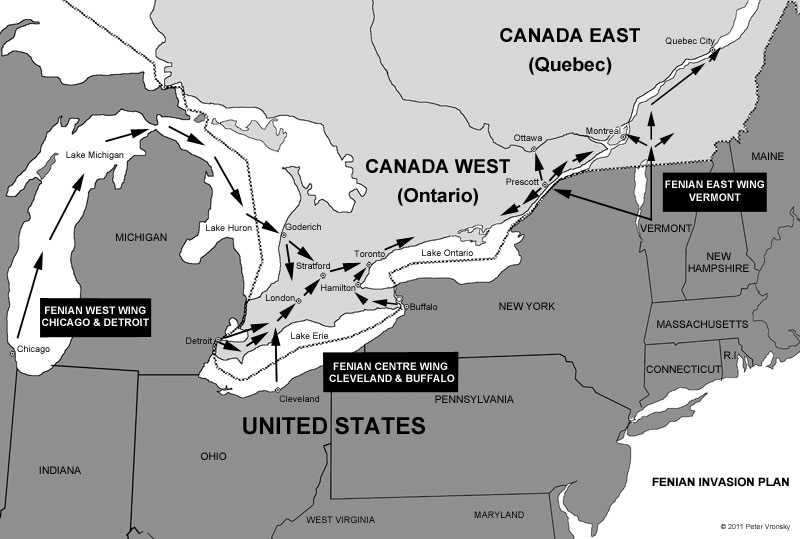Which is to put into the context of the trauma of 1870 as well. How much of it influenced his decision making?but he did show a very adventurist streak, begging to go fight in the Zulu War is not something one does if they aren't adventurous. That leaves room for him to grow and interpret the way an emperor should act as he sees fit.
I need to check, but I vaguely remember reading about the Prince stubbornly holding onto his father's old saddle, allegedly the same upon which he sat at Sedan while "somewhat" seeking a glorious death and redemption on the battlefield and then surrendered. A saddle that broke at the moment the Prince needed to make an escape. Again, that's so long ago and vague in my memory that I need to check that, but in the context of a trauma from 1870, I think that story believable. A prince on a desperate mission to redeem his father's legacy and failures, and 1870 was the biggest one, and wash that stain from his name. He was pretty much duty bound to seek a risky military adventure and prove himself.
From accounts prior to 1870 though, he was a curious, energetic child, spoiled with affection by his father and his motheg as well.
A father who at the same time cheated on his mother quite often, a devout mother that was probably overbearing more out of a very strong maternal instinct, and to cope with her husband's infidelities, than hunger for power, all while maintaining a facade of dignity.
Napoléon III had calmed down in his later years and become a better husband, but I'm of the mind the British exile largely contributed to papering over this dysfunctional marriage.
Then, the question becomes, from this family dynamic, without the defeat and exile of 1870, how different might Napoléon IV be from his OTL self?
Last edited:
